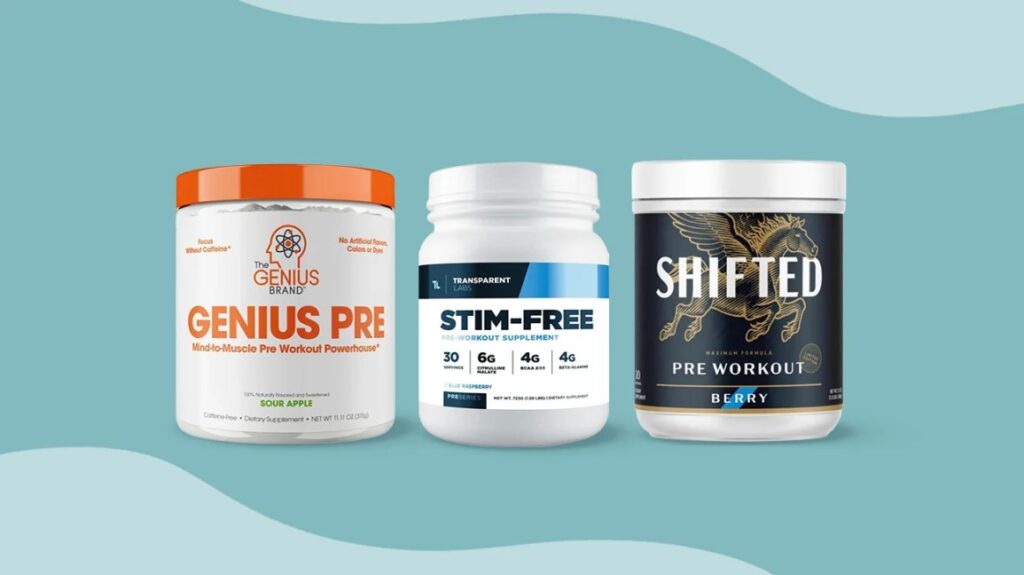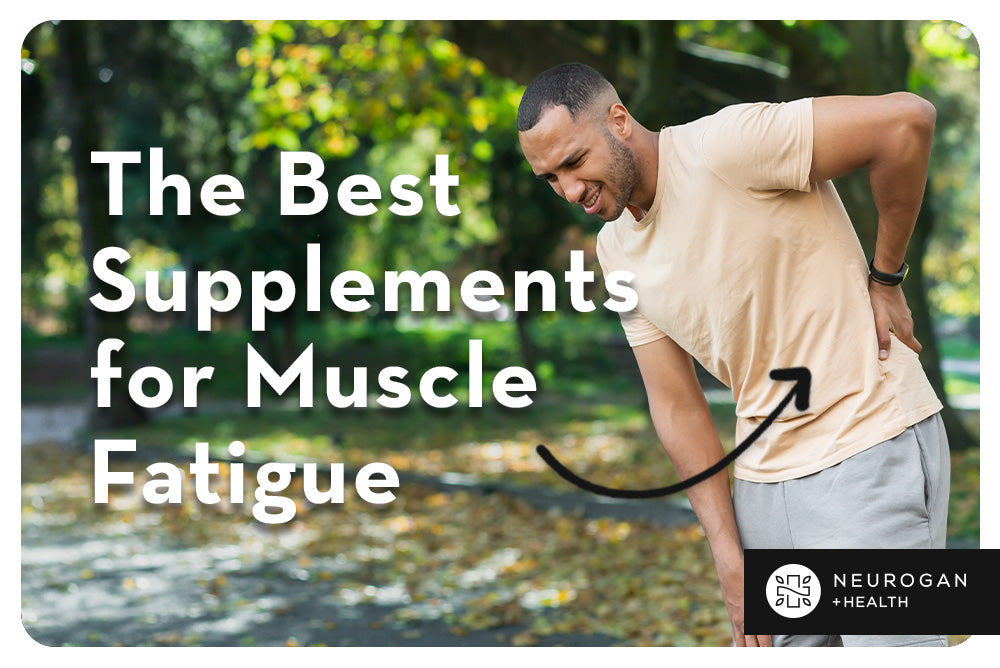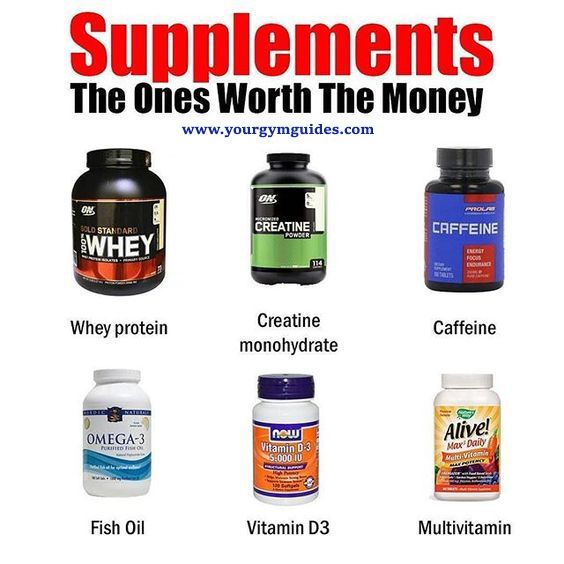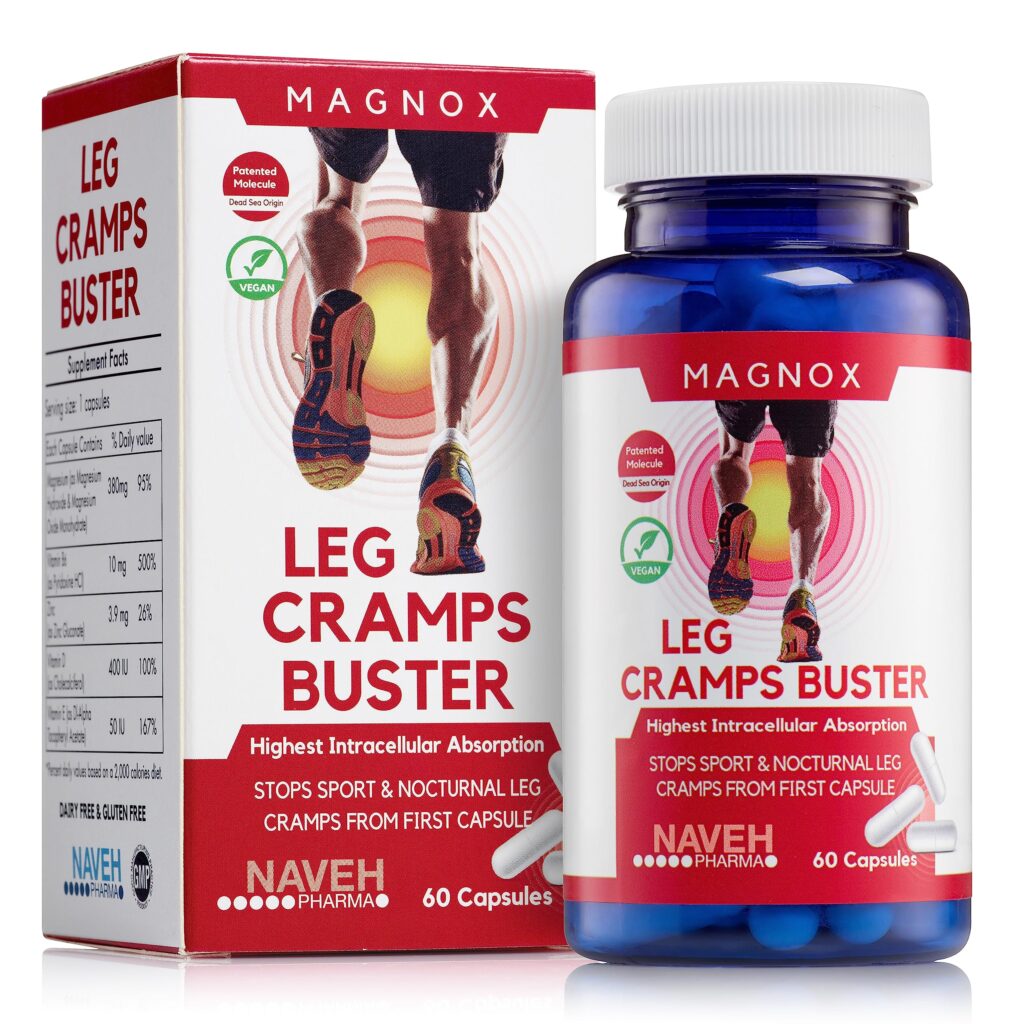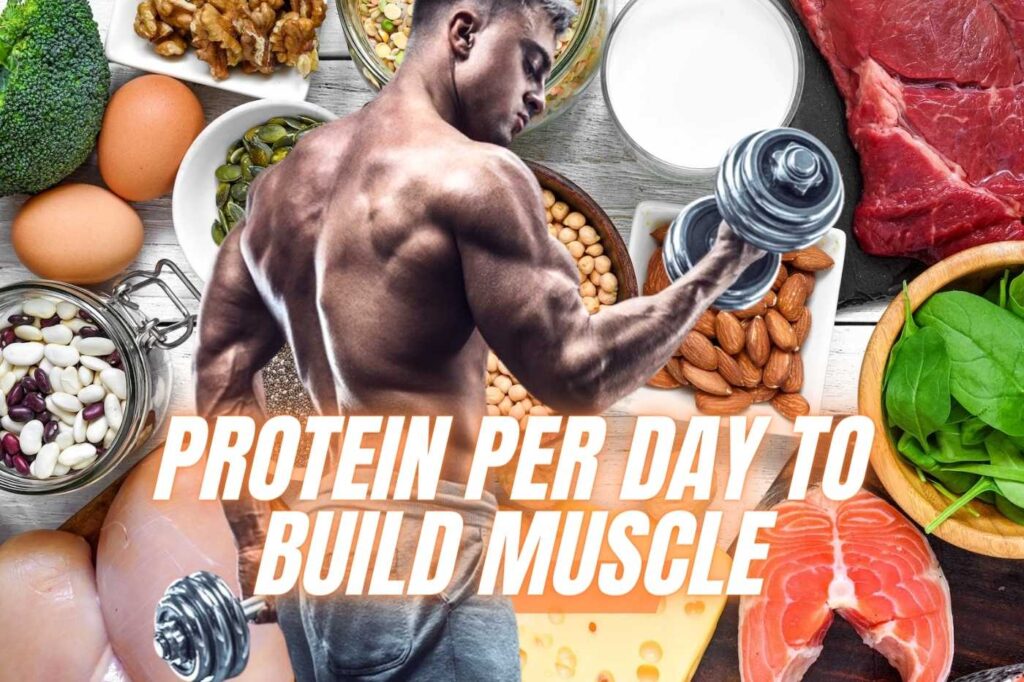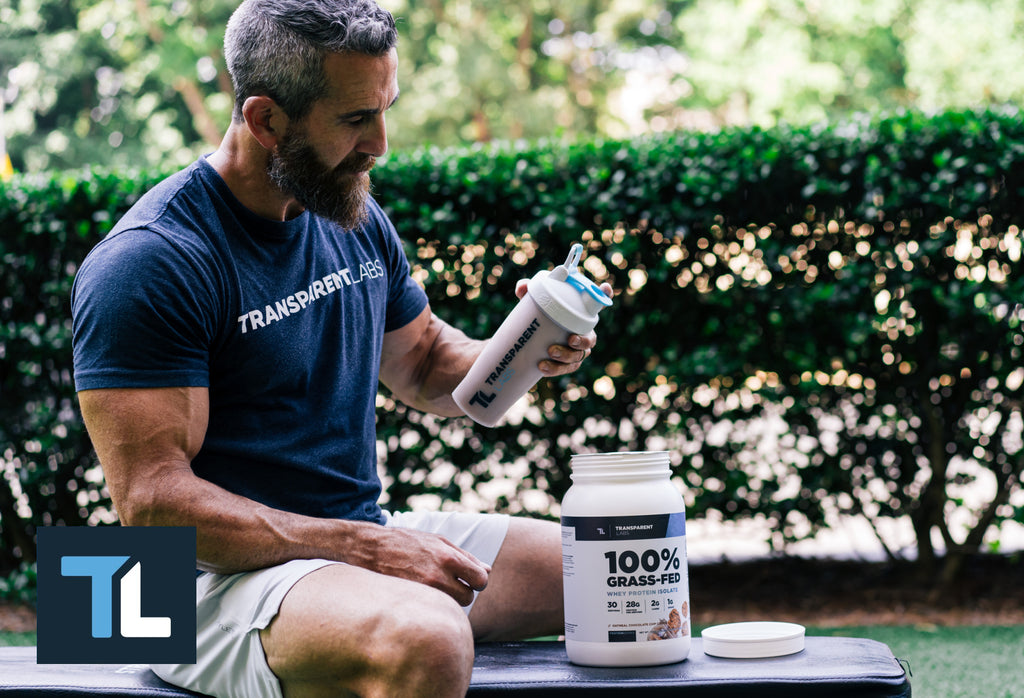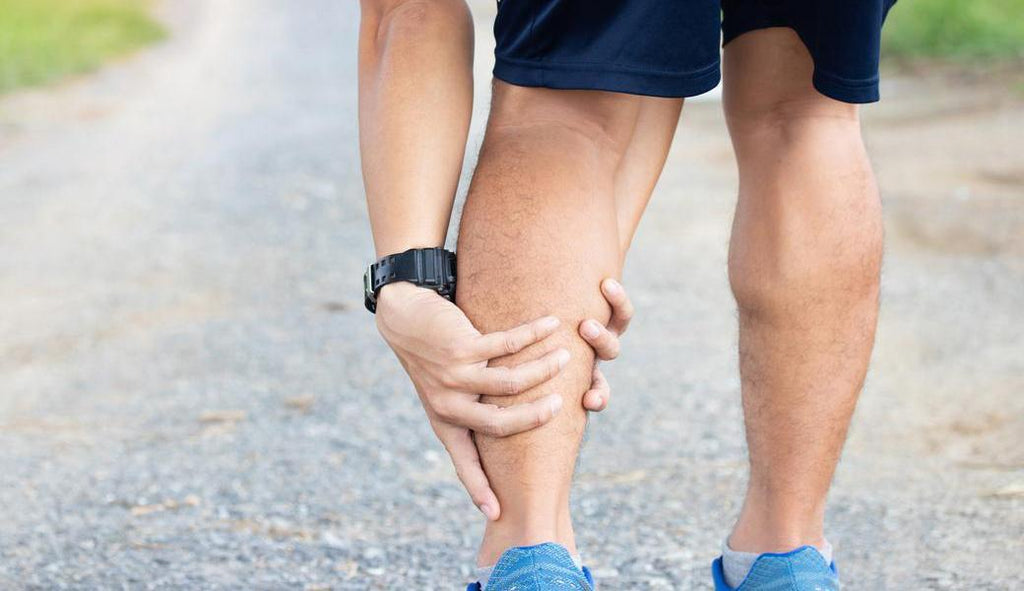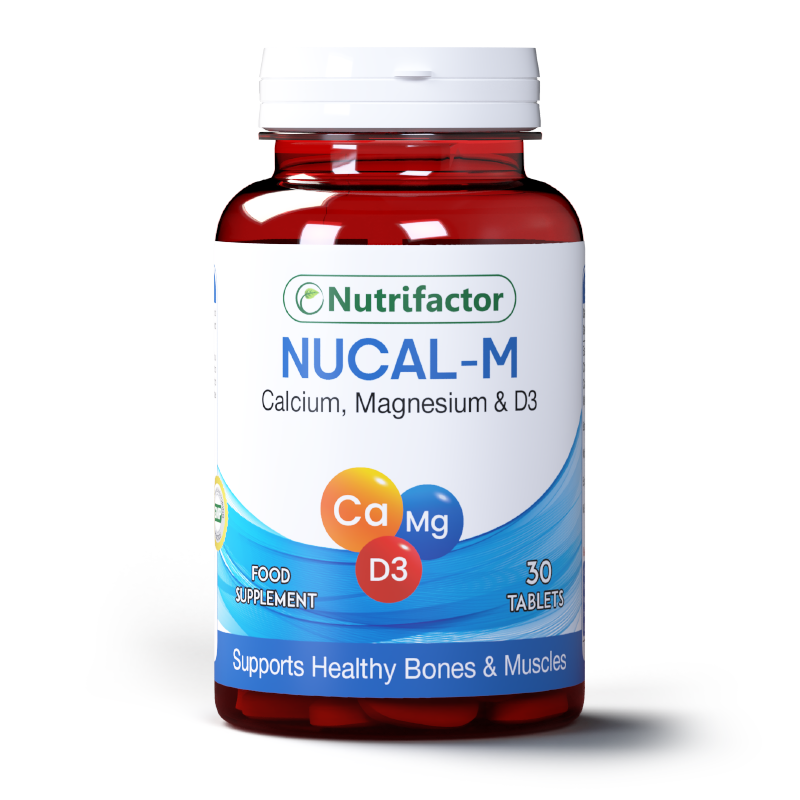The best supplement for sore muscles is magnesium. It helps reduce muscle tension and promotes faster recovery.
Muscle soreness is a common issue for athletes and fitness enthusiasts. Magnesium is an essential mineral that aids in muscle relaxation and reduces cramps. It also supports energy production and protein synthesis, crucial for muscle repair. Magnesium can be found in foods like spinach, almonds, and avocados, or taken as a supplement.
Consuming magnesium before and after workouts can significantly alleviate muscle soreness. Always consult a healthcare provider before starting any new supplement. Proper hydration, balanced nutrition, and adequate rest also play vital roles in muscle recovery. By integrating magnesium into your routine, you can enhance muscle health and overall performance.
Introduction To Muscle Soreness
Muscle soreness can be a common experience. It usually happens after intense exercise or physical activity. Understanding the causes and remedies is important. This helps in speeding up recovery and enhancing performance.
Common Causes Of Sore Muscles
Sore muscles can result from various reasons. Here are some common causes:
- Intense Exercise: High-intensity workouts often lead to muscle soreness.
- New Activities: Trying new exercises can strain muscles.
- Poor Posture: Incorrect posture can cause muscle strain.
- Lack of Stretching: Not stretching before activities may lead to soreness.
Impact Of Nutrition On Recovery
Proper nutrition is vital for muscle recovery. Here are some key nutrients:
| Nutrient | Role in Recovery | Sources |
|---|---|---|
| Protein | Repairs muscle tissues | Chicken, Fish, Beans |
| Omega-3 Fatty Acids | Reduces inflammation | Salmon, Walnuts, Flaxseeds |
| Antioxidants | Helps reduce muscle damage | Berries, Dark Chocolate, Spinach |
| Magnesium | Relaxes muscles | Almonds, Pumpkin Seeds, Bananas |
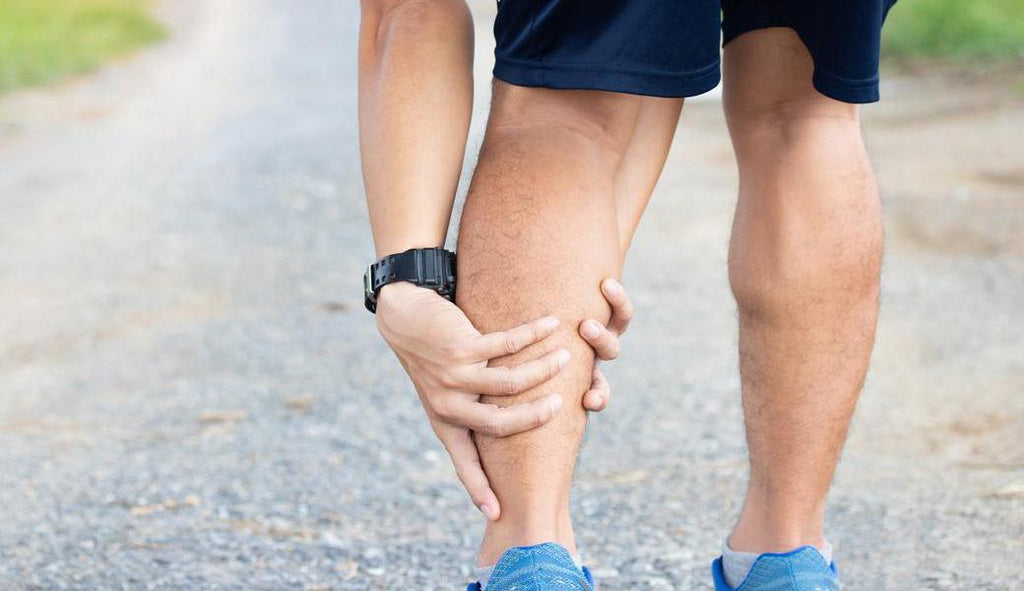
Credit: thesynergycompany.com
Criteria For Supplement Evaluation
Choosing the best supplement for sore muscles can be challenging. To make the right choice, it’s crucial to evaluate supplements based on key criteria. This ensures you pick a product that is both safe and effective.
Safety And Side Effects
Safety should always be the top priority. Look for supplements that have undergone rigorous testing. Check for certifications from reputable organizations. Avoid products with harmful additives or untested ingredients.
Side effects are another critical factor. Even natural supplements can have side effects. Read reviews and consult healthcare providers. Be aware of any potential interactions with other medications.
| Criteria | What to Look For |
|---|---|
| Safety Certifications | FDA Approval, GMP Certification |
| Ingredients | Natural, Non-GMO, No Harmful Additives |
| Side Effects | Minimal, Well-documented, Manageable |
Effectiveness And Scientific Backing
Effectiveness is key. The supplement should alleviate sore muscles. Look for products with proven results. User reviews can provide insight into real-world effectiveness.
Scientific backing is essential. Check for studies supporting the supplement’s claims. Peer-reviewed research adds credibility. Avoid products without scientific validation.
- Proven Ingredients: Turmeric, Magnesium, Omega-3
- Clinical Studies: Peer-reviewed, Published Research
- User Reviews: Positive Feedback, Real-world Results
Choosing the right supplement involves careful evaluation. Focus on safety, effectiveness, and scientific backing for the best results.
Protein Powders And Muscle Repair
Protein powders are crucial for sore muscles recovery. They help repair muscle fibers and promote growth. This section explores the best protein powder options and the optimal timing for intake.
Whey Vs. Plant-based Options
Whey protein is a popular choice for muscle repair. It’s derived from milk and is rich in essential amino acids. It supports muscle recovery and growth.
Plant-based protein powders are an excellent alternative. They come from sources like peas, rice, and hemp. These options are suitable for vegans and those with lactose intolerance.
| Aspect | Whey Protein | Plant-Based Protein |
|---|---|---|
| Amino Acid Profile | Complete | Often incomplete, mix for balance |
| Digestion Speed | Fast | Moderate |
| Allergies | May cause lactose issues | Hypoallergenic options available |
Optimal Timing For Intake
Timing is essential for maximizing muscle repair. Consuming protein powder post-workout is optimal. This is when muscles need nutrients most.
- Consume protein within 30 minutes post-exercise.
- Have a protein-rich meal within two hours.
- Evening intake supports overnight repair.
Consider a morning protein shake for ongoing muscle recovery. This provides a steady supply of amino acids throughout the day.
Choose a protein powder that fits your dietary needs. Both whey and plant-based options offer unique benefits. Proper timing ensures maximum muscle repair and growth.
Branched-chain Amino Acids (bcaas)
Branched-Chain Amino Acids (BCAAs) are essential nutrients. These amino acids include leucine, isoleucine, and valine. They are vital for muscle recovery. BCAAs help reduce muscle soreness after exercise. They also promote muscle growth and repair.
Role In Muscle Synthesis
BCAAs play a key role in muscle synthesis. They help repair damaged muscle fibers. This process is crucial after intense workouts. Leucine, one of the BCAAs, activates a protein called mTOR. This protein signals muscle cells to start building new protein.
Isoleucine helps in energy production. It ensures that muscles get the energy they need. Valine supports muscle coordination and mental focus. Together, these amino acids enhance muscle recovery and growth.
Bcaa Dosage Recommendations
Proper dosage is important for BCAA effectiveness. Here is a simple table to guide you:
| Activity Level | Recommended Dosage |
|---|---|
| Light Exercise | 3-5 grams per day |
| Moderate Exercise | 5-10 grams per day |
| Intense Exercise | 10-15 grams per day |
Start with the lower end of the range. Gradually increase the dosage based on your body’s response. Always consult a healthcare professional before starting any new supplement.
Creatine For Energy And Recovery
Creatine is a popular supplement among athletes and fitness enthusiasts. It helps with energy levels and speeds up muscle recovery. Many studies support its benefits for muscle health.
Mechanisms Of Creatine In Muscle Health
Creatine works by increasing the availability of ATP, which is the primary energy carrier in cells. This boost in ATP levels helps muscles work harder and longer. It also aids in the quick replenishment of energy during high-intensity activities.
Here’s a simple breakdown of how creatine benefits muscle health:
- Energy Boost: Creatine increases ATP levels, giving muscles more energy.
- Improved Performance: Enhanced energy leads to better performance in workouts.
- Faster Recovery: Creatine speeds up muscle repair and reduces soreness.
Guidelines For Creatine Usage
For best results, follow these guidelines for creatine usage:
| Step | Details |
|---|---|
| Loading Phase | Take 20 grams per day for 5-7 days. |
| Maintenance Phase | Reduce to 3-5 grams per day. |
| Timing | Take creatine post-workout for best absorption. |
Remember these tips for effective use:
- Drink plenty of water to stay hydrated.
- Combine creatine with carbs for better absorption.
- Consult a healthcare professional before starting any supplement.

Credit: www.amazon.com
Omega-3 Fatty Acids
Omega-3 fatty acids are essential fats. They provide numerous health benefits, especially for athletes. They help reduce muscle soreness. These fats are crucial for muscle recovery and performance.
Anti-inflammatory Effects
Omega-3 fatty acids have anti-inflammatory properties. They reduce inflammation in muscles. This leads to less pain and quicker recovery. Athletes can train harder without prolonged soreness. Studies show these fats lower inflammation markers in the body.
Consuming Omega-3s daily can significantly improve muscle health. They help in reducing delayed onset muscle soreness (DOMS). This makes them an excellent supplement for sore muscles.
Sources Of Omega-3s For Athletes
There are several sources of Omega-3s available. Athletes should include these in their diet:
- Fish Oil – Rich in EPA and DHA. Take it in capsule form.
- Flaxseeds – High in ALA. Add to smoothies or cereals.
- Chia Seeds – Another good source of ALA. Mix with yogurt.
- Walnuts – Great for snacks. Provides a good amount of Omega-3s.
- Algae Oil – Plant-based source. Suitable for vegetarians.
Adding these foods to your diet ensures you get enough Omega-3s. They help in muscle repair and reduce soreness. Below is a table summarizing these sources:
| Source | Type of Omega-3 | Benefits |
|---|---|---|
| Fish Oil | EPA, DHA | Reduces inflammation, improves muscle recovery |
| Flaxseeds | ALA | Boosts heart health, reduces muscle soreness |
| Chia Seeds | ALA | Provides energy, supports muscle repair |
| Walnuts | ALA | Good for snacking, rich in Omega-3s |
| Algae Oil | EPA, DHA | Plant-based, reduces inflammation |
Include these sources in your daily meals for better muscle health. Omega-3s are crucial for athletes aiming for optimal performance and quick recovery.
Magnesium And Muscle Relaxation
Magnesium is great for relaxing sore muscles. It helps muscles work well and stops cramps. Many people do not get enough magnesium. Taking supplements can help. Let’s learn more about how magnesium helps muscles.
Magnesium’s Role In Muscle Function
Magnesium is important for muscle function. It helps muscles contract and relax. Without enough magnesium, muscles can cramp and feel sore. It also helps the body make energy. This energy is needed for muscles to work properly.
Magnesium helps with muscle recovery after exercise. It reduces muscle soreness and stiffness. This makes it easier to move and exercise again. Athletes often take magnesium supplements to help their muscles.
Best Forms Of Magnesium Supplements
There are many forms of magnesium supplements. Some are better for muscles. Here are the best forms of magnesium for muscle relaxation:
- Magnesium Citrate: This form is easy for the body to absorb. It helps relax muscles and reduce cramps.
- Magnesium Glycinate: This form is gentle on the stomach. It is good for people with sensitive stomachs.
- Magnesium Chloride: This form is often used in topical products. It can be applied directly to sore muscles.
- Magnesium Sulfate: Also known as Epsom salt. It is often used in baths to relax muscles.
| Form | Benefit |
|---|---|
| Magnesium Citrate | Easy to absorb, reduces cramps |
| Magnesium Glycinate | Gentle on the stomach |
| Magnesium Chloride | Good for topical use |
| Magnesium Sulfate | Used in baths |
Vitamin D And Muscle Function
Vitamin D plays a vital role in muscle function. It helps maintain muscle strength and supports recovery. Ensuring adequate levels of Vitamin D can prevent muscle pain and weakness.
Link Between Vitamin D And Muscle Pain
Many studies show a link between Vitamin D deficiency and muscle pain. Low levels of Vitamin D can lead to muscle weakness and discomfort. Ensuring sufficient intake may help reduce these issues.
- Vitamin D supports calcium absorption.
- Calcium is crucial for muscle contraction.
- Adequate Vitamin D levels improve muscle strength.
Recommended Vitamin D Intake
Experts suggest specific daily intakes for Vitamin D. These recommendations vary by age, sex, and health status.
| Age Group | Recommended Daily Intake (IU) |
|---|---|
| Children (1-18 years) | 600-1000 IU |
| Adults (19-70 years) | 1500-2000 IU |
| Older Adults (71+ years) | 2000-4000 IU |
To meet these needs, consider Vitamin D supplements or foods rich in Vitamin D. Options include:
- Fatty fish like salmon and mackerel.
- Fortified dairy products.
- Egg yolks.
Maintaining adequate Vitamin D levels is essential for muscle health and overall well-being.
Natural Anti-inflammatories
Natural anti-inflammatories are powerful allies in relieving sore muscles. These natural remedies help reduce inflammation and pain without side effects. They are a safe and effective alternative to synthetic medications.
Curcumin And Ginger Supplements
Curcumin is the active ingredient in turmeric. It has strong anti-inflammatory properties. Curcumin helps reduce muscle pain and swelling. It also aids in faster recovery after workouts.
Ginger is another potent natural anti-inflammatory. Ginger reduces muscle pain and stiffness. It also improves blood circulation and speeds up healing.
| Supplement | Benefits | Sources |
|---|---|---|
| Curcumin | Reduces inflammation, relieves pain, speeds recovery | Turmeric root |
| Ginger | Relieves pain, reduces stiffness, improves blood flow | Ginger root |
Effectiveness Of Herbal Remedies
Herbal remedies are effective in treating sore muscles. They are natural and safe. Many studies support their benefits.
- Anti-inflammatory: Curcumin and ginger reduce inflammation.
- Pain relief: Both herbs alleviate muscle pain.
- Improved recovery: They help muscles heal faster.
Choosing the right supplement is crucial. Natural options like curcumin and ginger are beneficial. They offer relief and promote healing.
Hydration And Electrolytes
Proper hydration is crucial after a workout. Your muscles lose water and electrolytes when you sweat. Replenishing these is key to muscle recovery. Electrolytes help your body retain fluids and maintain muscle function.
Importance Of Water And Electrolytes Post-workout
Water is essential for muscle recovery. It helps transport nutrients and remove waste. Drinking enough water reduces muscle soreness and speeds up recovery. Electrolytes like sodium, potassium, and magnesium are just as important.
Electrolytes regulate muscle contractions and nerve function. Losing them can lead to cramps and fatigue. Replenishing them post-workout can prevent these issues.
Choosing The Right Electrolyte Supplements
Not all electrolyte supplements are the same. Look for products with a balanced mix of sodium, potassium, and magnesium. These minerals are crucial for muscle function.
Some supplements include additional vitamins and minerals. These can provide extra benefits. Make sure to read labels and choose a product that fits your needs.
| Electrolyte | Function | Sources |
|---|---|---|
| Sodium | Regulates fluid balance | Table salt, sports drinks |
| Potassium | Muscle function | Bananas, potatoes |
| Magnesium | Muscle relaxation | Nuts, green leafy vegetables |
Case Studies And Testimonials
Case studies and testimonials give us real-life proof of effectiveness. They show how supplements help people with sore muscles. Let’s dive into some real stories and results.
Athlete Experiences With Supplements
Many athletes use supplements to ease sore muscles. They share their success stories. Below are some examples:
- John, a marathon runner: John started using a magnesium supplement. He noticed less muscle pain after long runs.
- Sarah, a weightlifter: Sarah tried a protein supplement. She found faster recovery times and less soreness.
- Mike, a soccer player: Mike used a BCAA supplement. He felt less fatigue and muscle stiffness after matches.
Comparing Pre And Post-supplementation Results
Comparing results before and after using supplements helps see their impact. Here’s a table showing some examples:
| Athlete | Supplement | Before | After |
|---|---|---|---|
| John | Magnesium | Severe muscle pain | Less muscle pain |
| Sarah | Protein | Slow recovery | Faster recovery |
| Mike | BCAA | High fatigue | Less fatigue |
These examples show the positive effects of supplements. Athletes feel better and perform better. Their stories inspire others to try supplements for sore muscles.
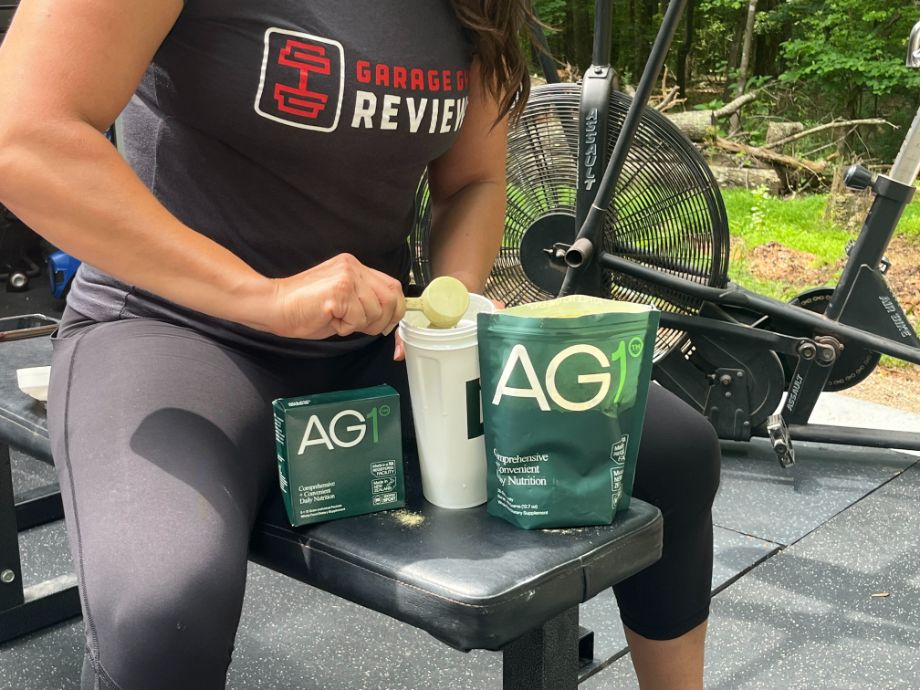
Credit: www.garagegymreviews.com
Supplement Stacks For Muscle Recovery
Muscle recovery is crucial for athletes and fitness enthusiasts. Proper recovery helps muscles grow and prevents injuries. Supplement stacks can help speed up muscle recovery. Combining different supplements can give you the best results.
Combining Supplements For Optimal Results
Combining supplements can give your muscles what they need. Here are some key supplements to consider:
| Supplement | Benefits |
|---|---|
| Protein Powder | Helps rebuild muscle fibers quickly. |
| Creatine | Boosts strength and enhances muscle recovery. |
| Branched-Chain Amino Acids (BCAAs) | Reduces muscle soreness and supports recovery. |
| Glutamine | Speeds up recovery and reduces muscle fatigue. |
| Omega-3 Fatty Acids | Reduces inflammation and promotes healing. |
Personalizing Your Supplement Stack
Everyone’s body is different. Personalize your supplement stack for the best results. Here are some steps to follow:
- Assess Your Goals: Know what you want to achieve.
- Understand Your Body: Learn how your body reacts to different supplements.
- Start Slow: Introduce one supplement at a time.
- Monitor Progress: Keep track of your recovery and adjust as needed.
Consult a healthcare professional before starting any new supplement regimen. This ensures safety and effectiveness.
Conclusion: Personalized Approach To Muscle Relief
Finding the best supplement for sore muscles requires a personalized approach. Every body reacts differently to various supplements. What works for one person might not work for another. Customizing your supplement regimen can optimize muscle relief and recovery.
Recap Of Top Supplements
- Magnesium: Known for relaxing muscles and reducing cramps.
- Omega-3 Fatty Acids: Reduces inflammation and speeds up recovery.
- Turmeric: Contains curcumin, which has strong anti-inflammatory properties.
- CBD Oil: Helps manage pain and muscle tension.
- Protein: Essential for muscle repair and growth.
Final Thoughts On Managing Muscle Soreness
Understanding your body’s needs is crucial for managing muscle soreness. Experiment with different supplements to see what works best. Keeping a journal can help track your progress and reactions.
Always consult a healthcare professional before starting any new supplement. They can provide guidance tailored to your specific needs.
Remember, a balanced diet and proper hydration are also key. Supplements should complement a healthy lifestyle for optimal results.
| Supplement | Benefits |
|---|---|
| Magnesium | Reduces cramps and muscle tension |
| Omega-3 Fatty Acids | Speeds up recovery and reduces inflammation |
| Turmeric | Strong anti-inflammatory properties |
| CBD Oil | Manages pain and muscle tension |
| Protein | Essential for muscle repair and growth |
Frequently Asked Questions
Which Supplement Helps Muscle Soreness?
Magnesium supplements help reduce muscle soreness. Omega-3 fatty acids and curcumin also aid in muscle recovery.
What Is The Best Thing To Take For Sore Muscles?
For sore muscles, use a combination of rest, ice, and over-the-counter pain relievers. Gentle stretching and hydration also help.
What Vitamin Is Good For Muscle Pain And Stiffness?
Vitamin D is beneficial for muscle pain and stiffness. It helps improve muscle function and reduce inflammation.
What Is The Best Thing For Muscle Recovery?
The best thing for muscle recovery is rest, proper hydration, balanced nutrition, and gentle stretching. Massage and sleep also help.
What Supplements Help With Sore Muscles?
Omega-3 fatty acids, turmeric, and magnesium are effective for reducing muscle soreness and inflammation.
Is Magnesium Good For Sore Muscles?
Yes, magnesium helps relax muscles and reduce soreness by aiding muscle function and recovery.
How Does Turmeric Help Muscle Recovery?
Turmeric contains curcumin, which has anti-inflammatory properties that can help reduce muscle pain and speed up recovery.
Can Omega-3 Reduce Muscle Soreness?
Omega-3 fatty acids have anti-inflammatory effects that can help decrease muscle soreness after intense exercise.
What Is The Best Supplement For Muscle Pain?
Magnesium is often considered the best for muscle pain due to its muscle-relaxing properties.
Are Bcaas Effective For Sore Muscles?
Yes, BCAAs help reduce muscle damage and soreness, enhancing recovery after workouts.
Conclusion
Choosing the best supplement for sore muscles can significantly enhance your recovery process. Remember to consult with a healthcare professional before starting any new supplement. Prioritize natural ingredients for safe and effective results. Stay consistent and listen to your body for optimal muscle health.
Your journey to pain-free muscles starts with the right choice.


